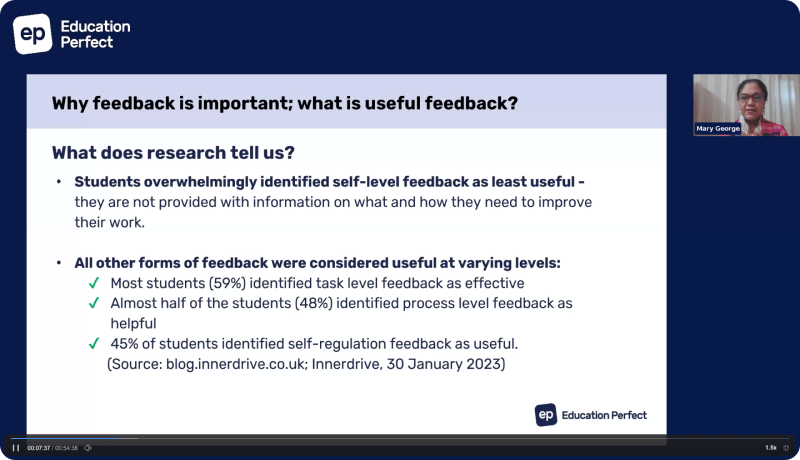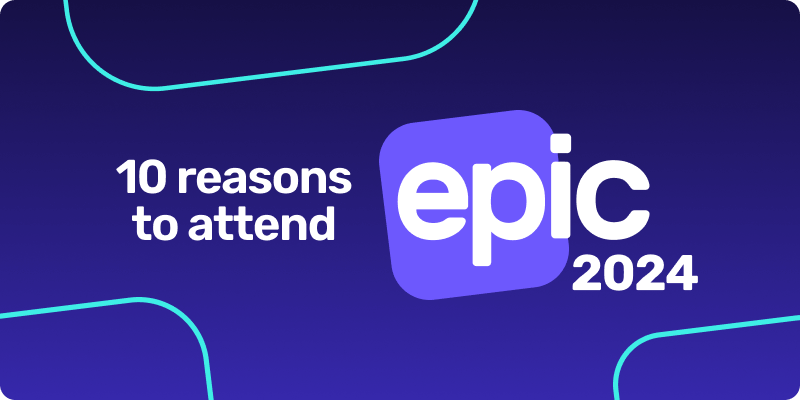Assessment for the future

AI is here to stay, so how we can make ensure students use this technology in a meaningful way?
Students in 2022, the year of our overlords Zukerburg, Bazos and Gates and whoever owns Tik Tok, are interested in proficiencies that align with their intrinsic motivations to succeed in a world where the personal brand is more important than grades. That being said, grades aren’t going away any time soon so it is up to us to make damn sure they represent something meaningful for our future overlords.
If assessments can be hacked by using AI, basic internet searching and keyboard shortcuts, I’d argue the assessment may not be entirely fit for purpose. There are services now that will provide answers to assessment questions that have been photographed and uploaded to them within ten minutes. Someone gets paid to do that. Welcome to the dark world of black market academia.
So, how might we best engage with this reality?
Please take a look at the question form here. I didn’t say, what is the solution to this ‘problem’ or what will stop cheating. I’m asking a question that cannot be cheated. Therein lies a possible solution to the new reality of obsolete assessment formats. If there is only one right answer to your question then how valuable is it as an assessment given that we are living in the age of easily accessible information? Yes, remembering stuff is important, and there is a place for building explicit skills which are based on the knowledge that must be memorised, but is grading that recall ability the most insightful way to represent the learner and their potential?
A lot of our assessment behaviour as educators is more about serving the teacher, school and administration than it is about enriching the student with the confidence, tools and wherewithal to continually and effectively assess themselves.
The final solution proposal or actual answer isn’t the primary aim. The most telling information from which to evaluate a person’s 21st Century skills (or whatever the latest term for those is) will be in their cognitive processes. Hattie has banged on about this for years in his Visible Learning edict, but so too did Ken Robinson in the context of creative processes.
There seems to be a lot of powerful evidence to suggest that our assessments need to shift from ‘What have you learned?’ to ‘How have you learned?’
Looking at the ways in which a person goes about making sense of their world by employing higher levels of thinking and aiming to capture those processes will likely lead to a much more accurate evaluation of their potential to solve problems, express understanding, communicate ideas and so on.
Arranging their perspectives on a topic, problem or issue and how they start to incorporate ideation, theory and apply functional actions to test re-test and experiment will allow examiners, teachers and testing bodies to evaluate students’ cognitive efficiencies. These may be the only universally applicable tools that remain relevant to society as it is now and as it evolves.
However, unlike how the media seems to communicate things these days, this issue needn’t be polarised. Traditional assessment forms absolutely have their place and achieving maximum efficacy of assessments over time requires a nuanced approach.
Annie Murphy Paul in her comprehensive article for Scientific American establishes how cognitive science is providing insight into how we can blend assessment forms to create optimal regimes of learning. The article explores some fascinating case studies but mainly reinforces the idea that ‘rapid testing’ intended to support ‘retrieval practice’ can enhance how students reflect on and apply cognitive processes. Rather than rely on standardised testing and/or large infrequent exams, increasing short interwoven quizzes and tests AS a part of learning proves to be very effective for students to progress their skills and knowledge.
“Retrieval practice does not use testing as a tool of assessment. Rather it treats tests as occasions for learning, which makes sense only once we recognise that we have misunderstood the nature of testing.”
The excellent PDF on How to Use Retrieval Practice to Improve Learning
Yes, I know law students will have to memorise reams of historical legal precedents and I know medical students need to memorise factual biology. It is important that foundational knowledge gets learned, but that is still rote learning and anybody can do that. The basic skills needed to do it successfully are things like determination, resilience, diligence and perseverance, are we equipping students with those skills before throwing them the knowledge quizzes to do? Plus, even if someone acquires an encyclopaedic level of knowledge about Heart surgery does that imply we can be confident they will be able to solve unforeseen issues that crop up when they are holding the scalpel? Will they have acquired the creativity, innovation and problem-solving skills required to adapt quickly and solve these issues in real time?
Will they have been taught how to transfer knowledge into meaningful application?
When we think of assessment OF and FOR learning this less important category of knowledge storage is mostly what we are thinking about. But when we think of Assessment AS learning, the coping mechanisms, the creative thinking, and the cognitive processes are what we want to foster and instil in order to facilitate competency in our students.
Let’s not let AI distract us from the long-term developmental competencies that require communities of human support. Maybe automating a whole load of online crap will force us to look into each other’s eyes again and offer real advice, trust, care and compassion so as to create less anxious, scared and confused learners.
By Jimmy Bowens



